Antebellum
While the vast majority of white people in North Carolina were pro-enslavement, some individuals held abolitionist or anti-enslavement views and a few—primarily Quakers—helped enslaved people escape through the Underground Railroad.
In the decade before the Civil War, the national divide between Republicans and Democrats over the growth of the institution of enslavement came to a head, pushing the nation to the brink of war. Meanwhile, a parallel but distinct divide grew within North Carolina between the wealthy planter class and poor and middle-class whites over representation and taxation. Both of these rifts set the stage for continued division and eventual secession.
Featured Story
A Letter to Jefferson Davis from George C. Beasley, April 21, 1862
Transcribed by Cheri Todd Molter Original Transcription: Camp of Starr’s Light Battery Greenville NC Apr 21st 1862 Hon J. Davis Pres C.S. I see by a...
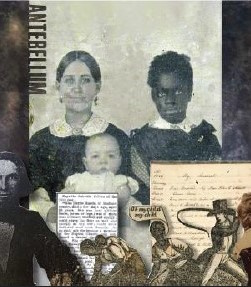
Antebellum
Before the Civil War, the region’s geography, population, economics, and laws shaped the diverse lives of North Carolinians. Enslaved and free Black people rebelled against the institution of enslavement through violent revolt...
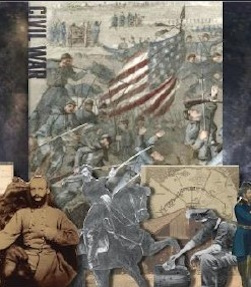
The Civil War
After the election of Republican candidate Abraham Lincoln in November 1860, South Carolina and six other states seceded before he took office, but President Buchanan did not initiate hostilities...
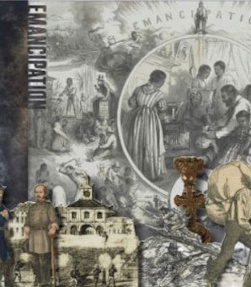
Emancipation
In May 1861, General Benjamin F. Butler gave semi-protected status and partial freedom to enslaved people who escaped to Union lines from Confederate territory, considering them essentially “contraband of...
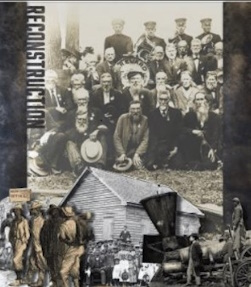
Reconstruction
President Andrew Johnson’s limited Presidential Reconstruction prioritized reconciliation between the North and South. Its effect was to restore the status quo regarding old wealth and power in the South and the political oppression of...
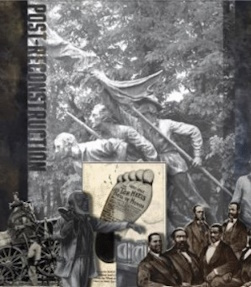
Post-Reconstruction
In the 1880s, struggling farmers united in the Farmers’ Alliance, a national movement that sought agricultural reform and railroad oversight, and formed groups throughout the South...

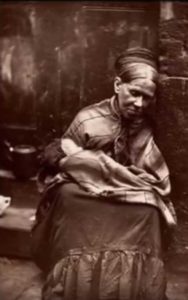 Enslaved and free Black people rebelled against the institution of enslavement through violent revolt, self-emancipation, and subversive resistance.
Enslaved and free Black people rebelled against the institution of enslavement through violent revolt, self-emancipation, and subversive resistance.